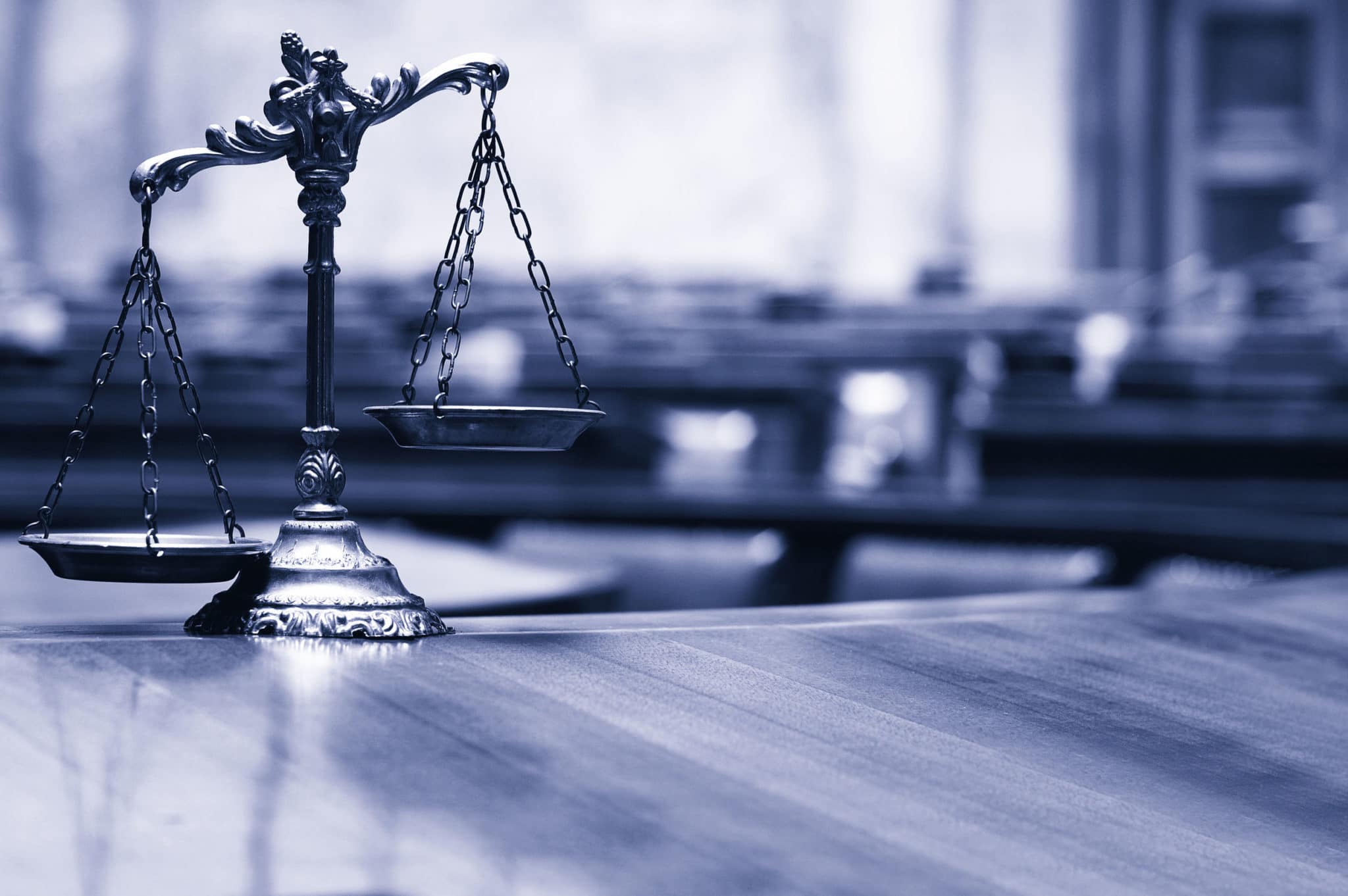Illinois’ Law of Accountability: What Is It? Why Does It Matter?
You may think if you don’t actually commit a crime that you’re free and clear under the law. That’s not necessarily true.
In Illinois, the Law of Accountability can lead to the arrest and conviction of someone based on the theory of accountability. How is this possible? Read on more to find out about this law and why it matters in criminal court cases.
What is Illinois’ Law of Accountability?
Under the law in Illinois, someone can be held legally accountable for the actions of someone else either during or before an offense if they work to aid, abet, attempt, or agree to help that person in the planning or commission of the crime.
As with many other issues relating to criminal law, this one is all about intent. In order to be proven in court, the State has to establish one of two things.
Either the person being charged under the Law of Accountability shared the criminal principle or intent, or that they, with the person who committed the illegal act, had a common criminal design. In other words, they both meant to advance or commit a crime.
Criminal Liability in Illinois
Criminal liability is the idea that a person can be punished for committing conduct that is prohibited. The law decides what types of behavior are punishable, which is why someone can be found guilty of a crime for the criminal acts of another person.
When You Help an Offender
Criminal liability is simply another way to think about accountability under the law. A good example of accountability in this sense is driving a getaway vehicle for someone who robs a bank. You understand the crime a person is going to commit and probably help them to plan it out. They may be the person who actually goes into the bank and robs it, but you helped.
When you have planned the crime, driven them to the place where the crime is committed, then helped them to escape, you are culpable in the eyes of Illinois law.
Common Criminal Design
Furthermore, the language of the law includes common criminal design. The common criminal design doesn’t have to be for the crime that was actually carried out by the other person for you to get in trouble for it.
For example, if you planned to drive a car to a gas station in order for your accomplice to rob it, then your accomplice shoots the store clerk (something you didn’t plan with them), you can still be held accountable for the shooting part of the crime.
You Are the Company You Keep
The real takeaway from the Law of Accountability is that you need to be careful with the decisions in life you make. Perhaps a friend’s offense doesn’t seem like a big deal. You’ve heard the saying, “you are the company you keep.”
Know that even when you agree to commit a crime you don’t think is very serious, but if the crime escalates during its commission to something more serious, you can be on the hook for that crime too.
If someone you’re planning to commit a crime with takes it further than you thought, it’s bad news all around for you and them.

The law is complicated but at the end of the day, it only seeks to hold people accountable for the crimes they commit. The bottom line is that if you plan a crime and take part in it in some way with another person, Illinois says you’re just as responsible as the person who commits the crime.
About the Author:
Andrew M. Weisberg is a former felony prosecutor who now serves as a defense attorney in the greater Chicago area. He has extensive experience in handling all types of criminal cases, from sex offenses and domestic violence to retail theft-related crimes, murder, and drug crimes. His work has been recognized by Avvo, Expertise, National Trial Lawyers, and others, and he has been featured on countless news outlets for his experience and knowledge in criminal law.







 Blog Home
Blog Home 










